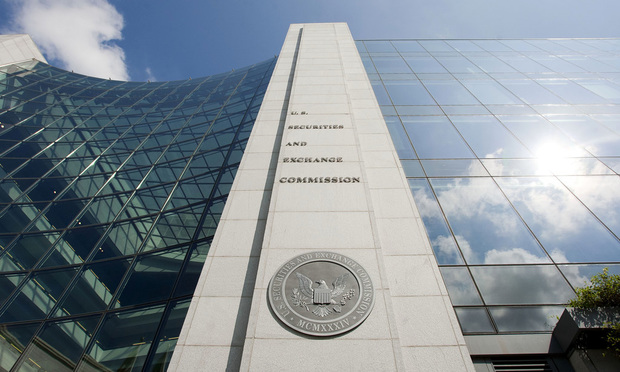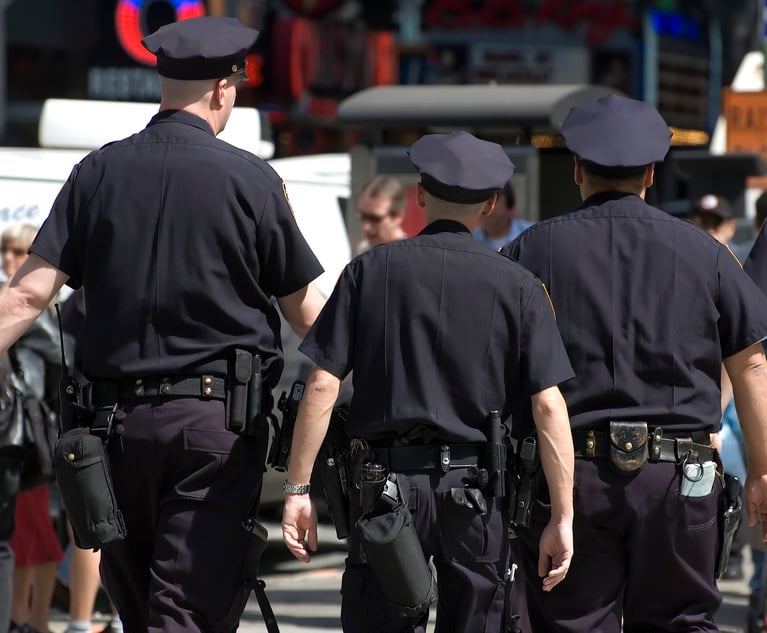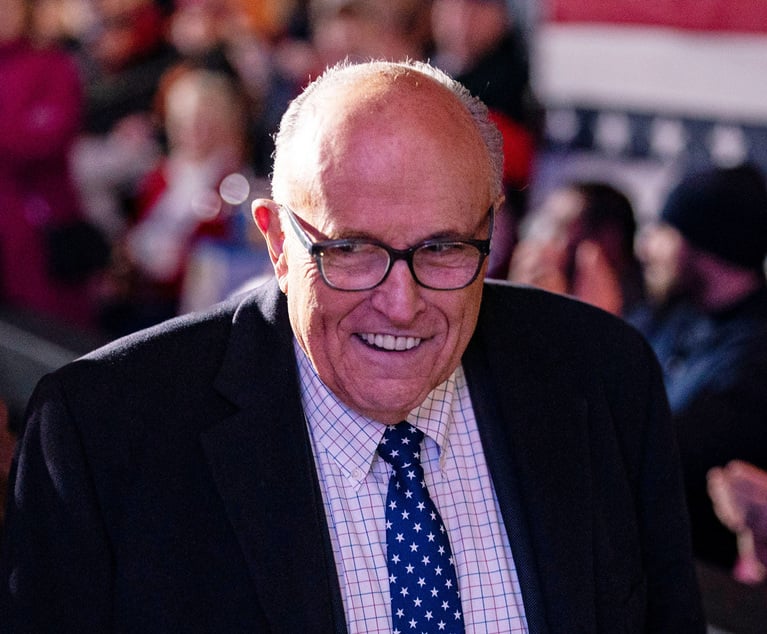Since the U.S. Supreme Court first recognized almost 50 years ago an implied private right of action under §10(b) of the Securities Exchange Act and SEC Rule 10b-5—the federal securities laws’ principal anti-fraud provisions—private shareholder plaintiffs and their lawyers have tried to broaden the scope of that private right of action. In a series of decisions over the last 25 years, however, the Supreme Court has consistently rejected those attempts, strictly limiting the class of potential defendants in private §10(b) litigation. During that time, the court held in Central Bank of Denver v. First Interstate Bank of Denver, 511 U.S. 164 (1994) that private plaintiffs cannot maintain claims for aiding and abetting under §10(b) and Rule 10b-5; in Stoneridge Investment Partners v. Scientific-Atlanta, 552 U.S. 148 (2008) that private plaintiffs cannot assert claims against secondary actors for “scheme” liability to plead around Central Bank; and, in Janus Capital Group v. First Derivative Traders, 564 U.S. 135 (2011), that only the “maker” of an alleged misstatement can be liable for that misstatement.
The Supreme Court’s recent decision in Lorenzo v. Securities & Exchange Commission, 139 S. Ct. 1094 (2019)—which affirmed a finding of liability under §10(b) and Rule 10b-5 against a defendant who knowingly “disseminated” another party’s false statement—appears to reverse this trend and may provide private plaintiffs a basis to argue for more expansive Rule 10b-5 liability. But Lorenzo involved an SEC enforcement proceeding. A private plaintiff seeking to rely on Lorenzo to assert Rule 10b-5 claims against a defendant for allegedly “disseminating” another party’s false statements will still face substantial barriers, including the need to allege—and, ultimately, to prove—that the defendant who disseminated another’s allegedly false statement did so with scienter (i.e., “a mental state embracing intent to deceive, manipulate, or defraud,” Tellabs v. Makor Issues & Rights, Ltd., 551 U.S. 308, 319 (2007)) and that the plaintiff reasonably relied on the defendant’s allegedly deceptive conduct when engaging in a securities transaction. As a result, while the court’s decision in Lorenzo may lead private plaintiffs to assert claims against secondary actors in securities transactions, the courts are likely under most circumstances to reject those efforts and limit the decision’s ultimate effect on private securities litigation.


 Headquarters of the U.S. Securities and Exchange Commission in Washington, D.C. (Photo: Diego M. Radzinschi/NLJ)
Headquarters of the U.S. Securities and Exchange Commission in Washington, D.C. (Photo: Diego M. Radzinschi/NLJ)




